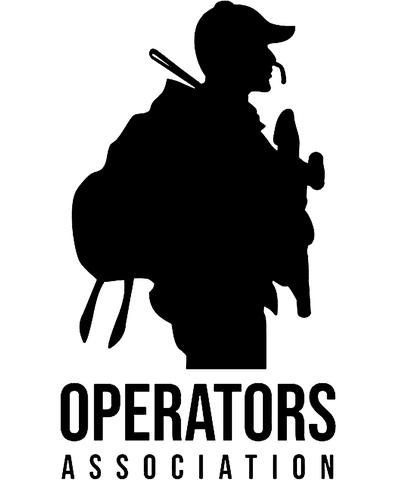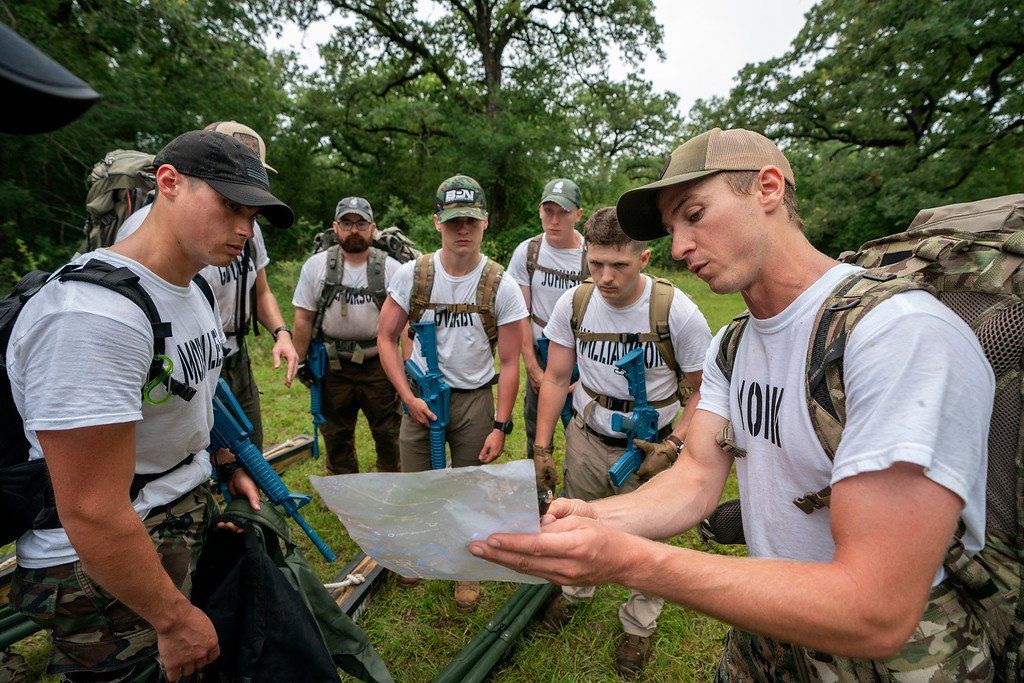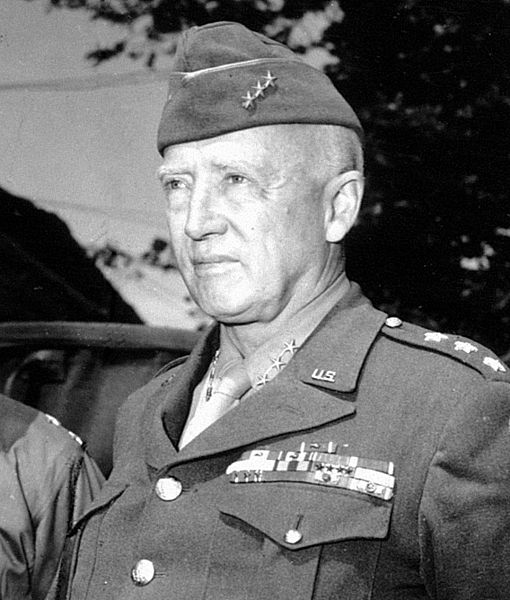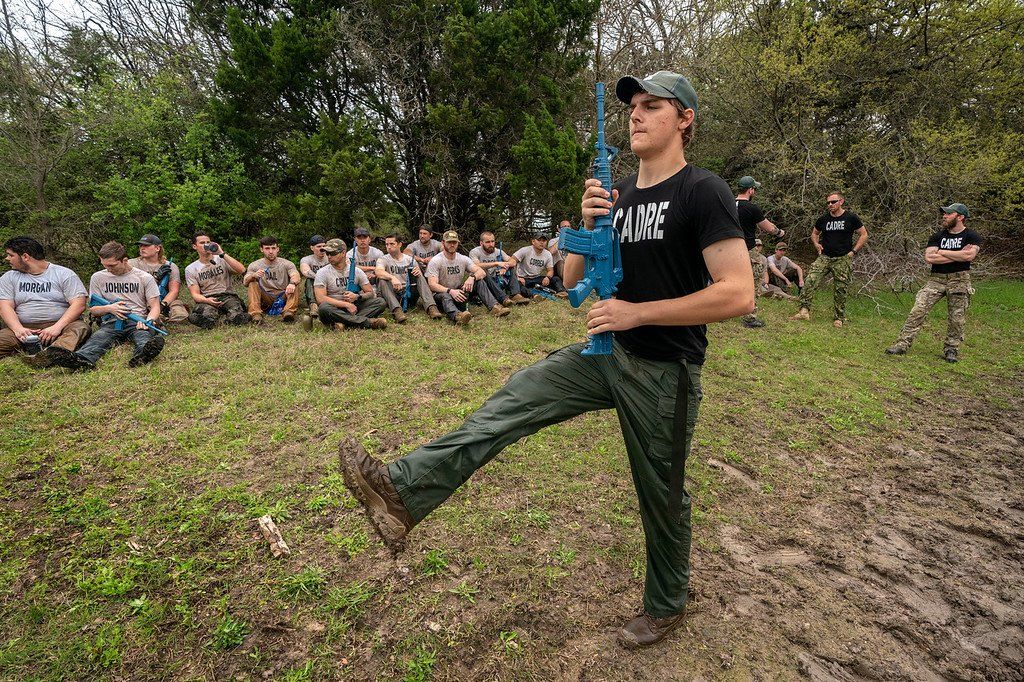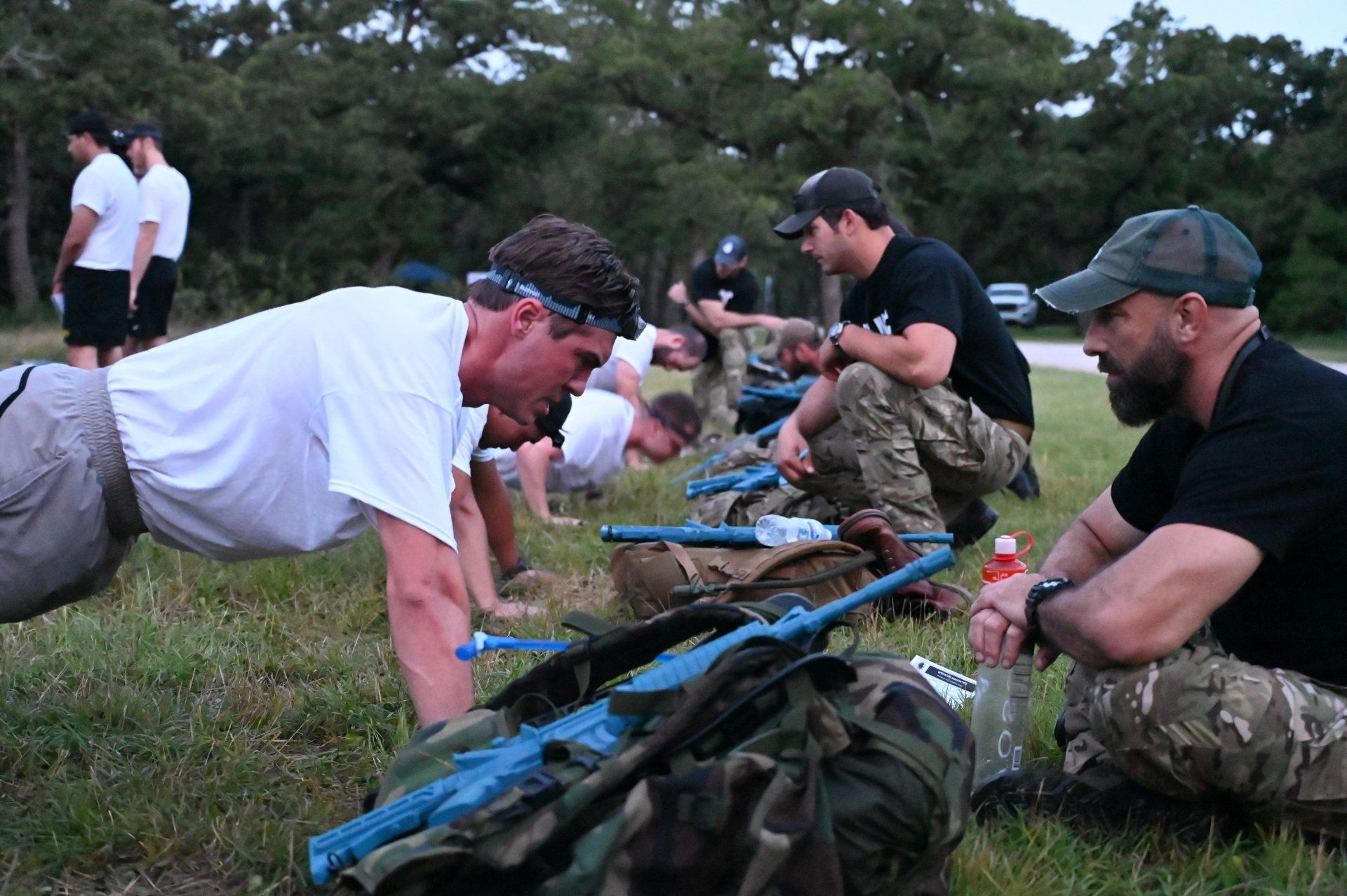5 Discreet Ways to Practice Leadership at Work
August 12, 2021
Daily leadership training techniques for subordinates
Becoming an excellent leader takes practice, repetition, and consistency. The only way to get comfortable being a leader and guiding your people through difficult situations is to expose yourself to the burden of leadership.
Unfortunately, you might not currently be in a position of authority at your job where you’re consistently exposed to leadership scenarios. If that’s the case, you might be wondering how you can train your leadership skills while being unable to directly influence others. We’ve got you covered! While the best way to learn leadership is by actually leading a team, there are also other ways you can develop your critical leadership skills. In this OA guide, we’ll introduce five methods for discreetly improving your leadership at work even if you aren’t currently a team leader.
Learn to Follow
Before you can be a great leader, you must be an effective follower. Leadership is all about inspiring and directing people, so understanding how your subordinates feel is crucial to your success. Naturally, the best way to learn how your followers will think and act is to become a follower yourself.
Learn how to be an active listener and pay attention to the obstacles you encounter as a subordinate. What makes your job more difficult? What could your leader do to make the project go more efficiently? Keep a daily journal of lessons you learn as a follower and use this information to be a more influential leader!
Do More Work
The more experience you have, the more perspectives you can consider when making plans as a leader. Think about it this way: the more problems you've solved in the past, the better you become at overcoming more consequential obstacles in the future! Leadership, like all skills, develops and improves with practice and repetition. Look for opportunities to take on interesting new projects at work or attend workshops that teach new skills – there’s no such thing as too much knowledge.
Take Ownership
You might not be in a position of authority yet, but you can still practice taking ownership of situations and coming up with solutions to problems. If you are working on a project and something goes wrong, don’t look to assign blame for the mistake. Instead, take instant and aggressive measures to fix it.
Once you identify a problem, immediately move to find solutions and take responsibility for getting the project back under control. In chaotic scenarios, people often freeze up and assume that others will take action. What ends up happening is that nobody acts, and the problem grows. Instead, take action as if the entire project depends on you alone – taking ownership is the key to solving problems as a leader.
Understand Your Strengths
Everyone wishes that they could be great at everything. Unfortunately, we all have individual strengths and weaknesses – things at which we naturally excel or struggle. If you want to become an excellent leader, you must identify your talents and focus your efforts on tasks that play into your abilities.
When you eventually become a leader, you can then apply this strategy to better direct your team. By identifying the skills and weaknesses of your teammates, you can delegate tasks to the people who will be the most efficient at completing them. Understanding the strengths of your people is critical to leading them and leveraging their skills to create success.
Develop Your Discipline
Discipline is critical to nearly all of the aspects of being an excellent leader. If you can’t control yourself and your actions, you cannot direct and influence people. Developing your discipline can be challenging, but it's not impossible. We discuss this subject in-depth in another OA guide, How to Build Discipline Like a Marine. But here’s one simple strategy that you can use to immediately start improving your discipline:
Start doing difficult things. As you go through your day, do unpleasant or inconvenient things. This can include working out when you don’t feel like it, taking the stairs instead of using an elevator, and taking cold showers. By forcing yourself to do things that you don’t feel like doing, you directly improve your discipline and willingness to act.
No matter what you do in life, being disciplined makes you a more effective, adaptable, and resilient person. After doing the above exercise for a few weeks, you will find that you are more willing to act in difficult situations and better able to relax under stress. If you are becoming an operator, your improved discipline will put you far ahead of the other candidates during selection.
Learn more ways to improve, stay accountable, and build discipline. Become an OA Aspiring Operator today and join our huge community of existing and future SOF operators! You'll get instant access to exclusive podcasts, a weekly accountability group, and a huge community of driven individuals who will help you stay on the path. Click here to get started today!
